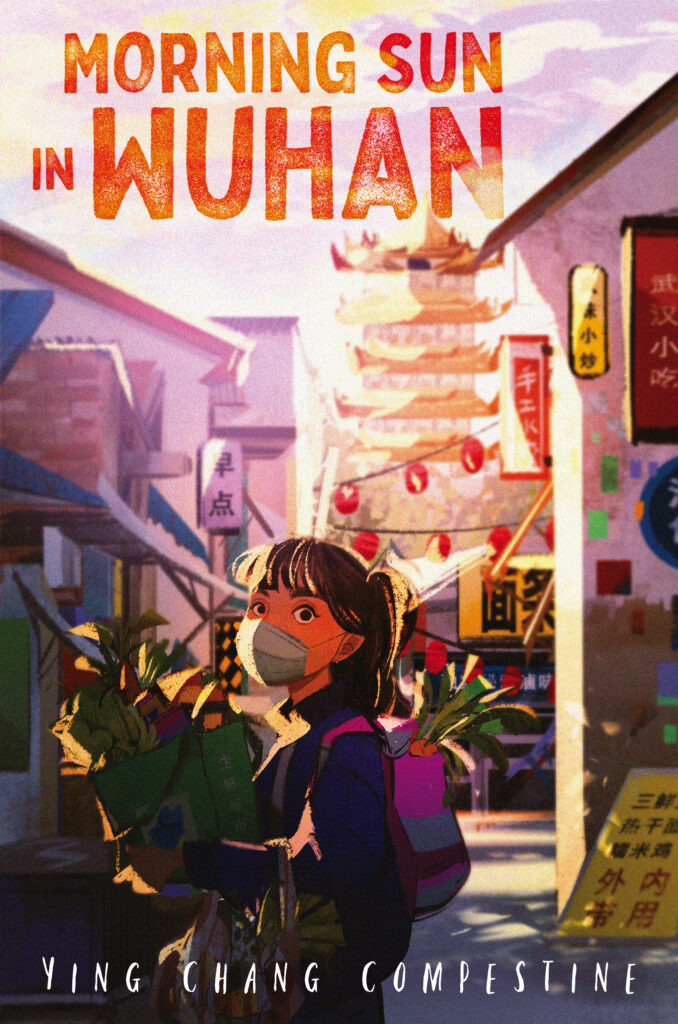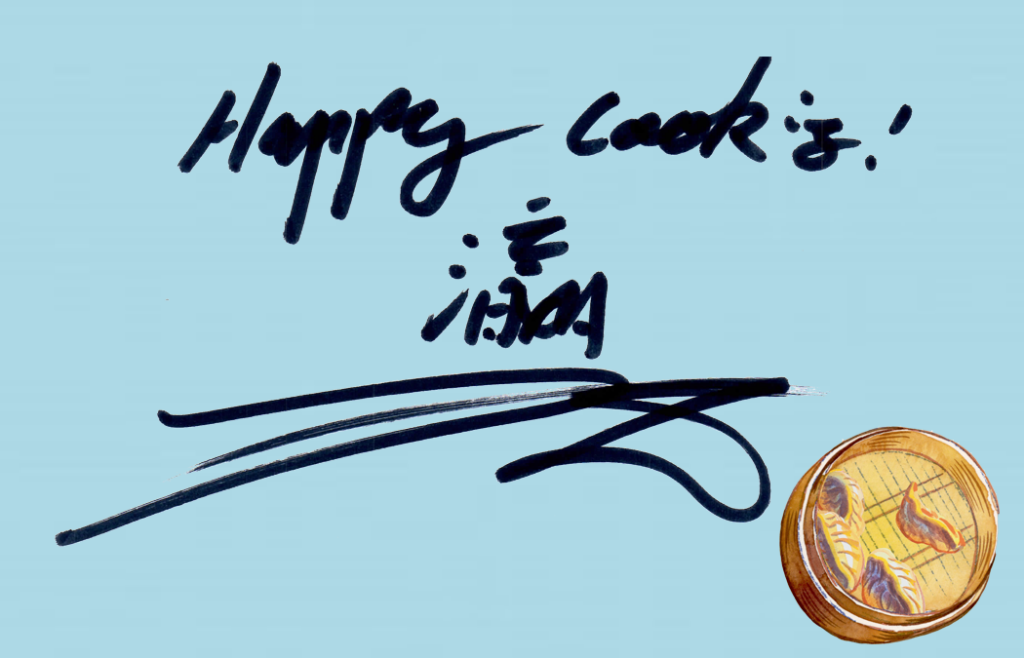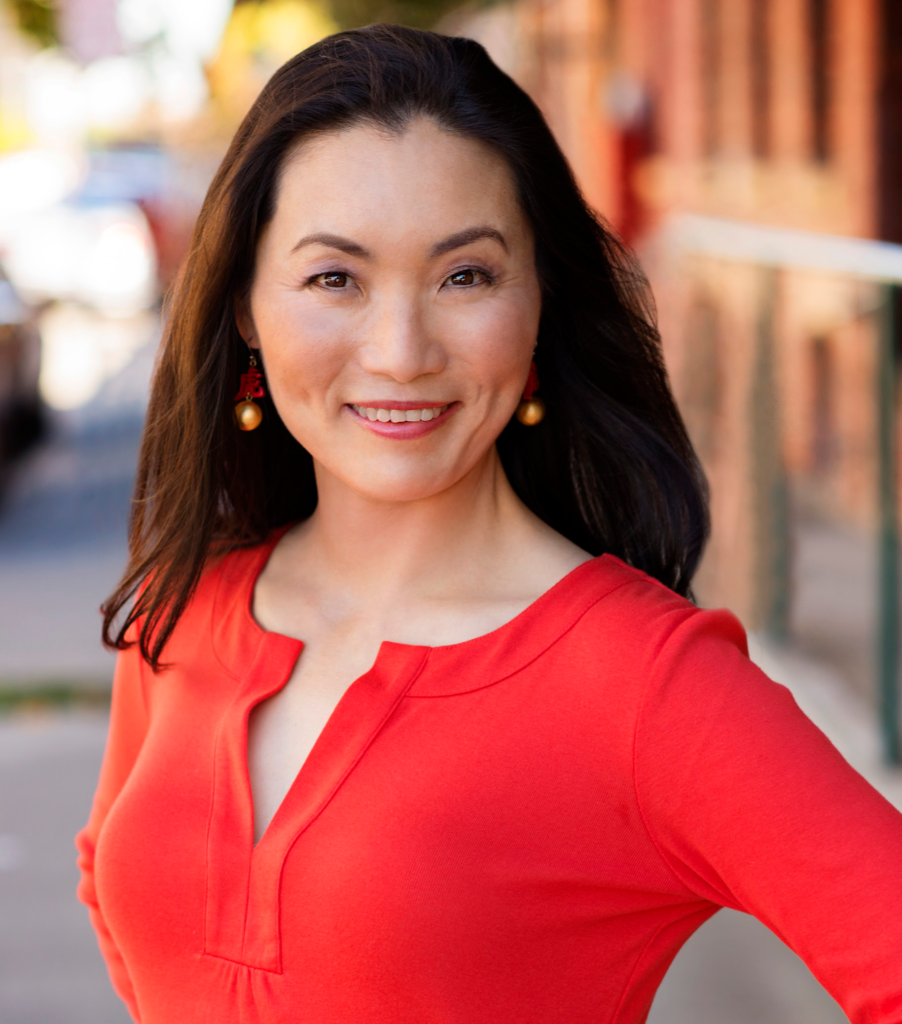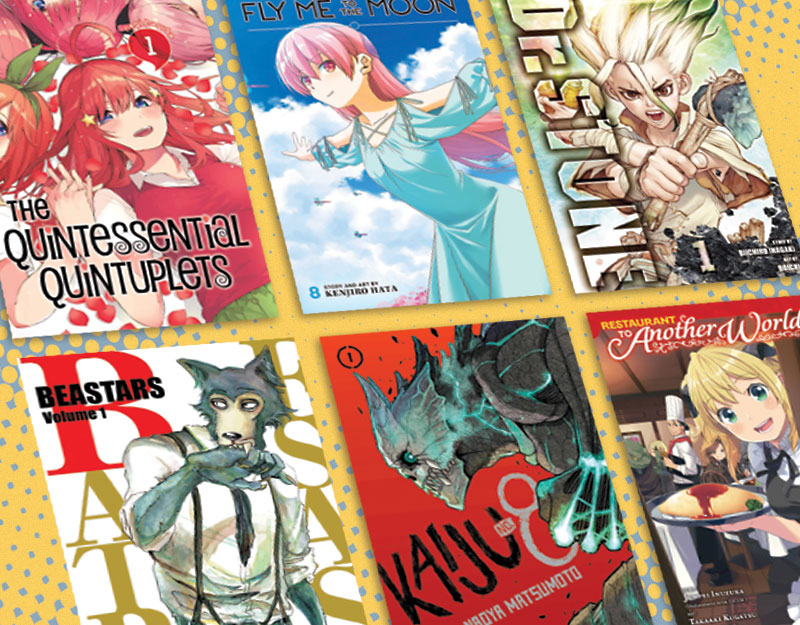A Love Letter to my Hometown – Wuhan, a guest post by Ying Chang Compestine

In the winter of 1987, I left my hometown of Wuhan, China, to study in the U.S. Even today, I still dream at night about playing in the hospital compound where my parents worked as doctors, shopping in the vegetable markets with my grandma, and taking long bus rides across the Yangtze river bridge to visit my friends.
At the beginning of 2020, I had my bags packed for a lecturing tour in Southeast Asia. My last stop would have been Wuhan. For months, my girlfriends and I chatted excitedly over WeChat, planning the fun activities we would do once I got there: an evening boat ride down the Yangtze river; dressing in traditional clothes and getting professional photos taken in a studio; singing Karaoke at a friend’s new apartment; visiting the famous Hubu Alley and sampling all the local delicacies. Most importantly, I wanted to visit my childhood home in the hospital compound one last time before it was demolished to make room for a skyscraper.
Then one late night in early January, I received a surprise call.
“Ying, you are welcome to stay at our home, but I can’t accompany you anywhere,” said my friend, whose husband held a high position in the government. She continued with an unusually high, chipper voice. “There is an unknown virus spreading around Wuhan, but it’s not transmitted between humans.”
I detected fear and caution in her words. Growing up during the cultural revolution, I became accustomed to people speaking in code. My mother used to tell me to pay attention to what was not being said. The next day, I canceled my flights. Two weeks later, Wuhan was placed under quarantine.
In the following months, I spent every waking hour watching the news, checking Douyin, the Chinese version of TikTok, talking to family and friends in Wuhan, and following every development of the situation there. My heart ached every time I saw a photo or video of patients crowding hospitals, medical workers collapsing in exhaustion, and people being blockaded in their homes.
I retreated to the one thing that always brought me comfort: cooking. I cooked the Wuhanese dishes my grandma taught me and shared them with my Chinese friends. We exchanged whatever information we had from China and reminisced about our happy times with family and friends back home.

As the situation worsened, I couldn’t help but wonder how my father, a dutiful doctor, would have responded and how my younger self would have reacted. When I read about a young woman leading a volunteer group, cooking for frontline medical workers, it was like seeing a ray of sunlight through the dark clouds. The idea of preparing food for others resonates with me personally and culturally, as, in Chinese culture, food has always played an important role in binding communities together. I began following a blog written by one of the young volunteers. When I learned one of my friend’s nieces was volunteering in the group, I interviewed her over WeChat.
The image of Mei formed in my mind. Her voice emerged naturally, as I, too, know what it felt like to act brave as a young girl, even when I was scared. I decided to write a book about the bravery and selflessness of these young people.
Although the pandemic has touched everyone in the world, few know what life was like in the epicenter at the start, and perhaps even fewer know the rich culture of Wuhan and its resilient people.
At its heart, Morning Sun In Wuhan is not merely a book about the pandemic but a tale about kindness, love, and community. It’s a love letter to my birth city and a reminder that one person’s actions have the power to make a difference, that the darkest times can bring out the best in people, and that young people can make an impact in the world.
I hope you will enjoy the book!
ADVERTISEMENT
ADVERTISEMENT
Meet the author

Ying Compestine is an award-winning author, speaker, and television host. She has authored twenty-five books for adults and children, including the acclaimed novel Revolution Is Not a Dinner Party, which chronicles her experience of growing up in China during the Chinese Cultural Revolution. A leading national authority on Asian culture and cuisine and the former food editor for Martha Stewart’s Whole Living magazine, Ying is frequently invited to lecture at schools and organizations around the world. She currently lives in the Bay Area with her husband and son. Visit her at yingc.com.
Twitter: @YCompestine
Instagram: @yingchangcompestine
About Morning Sun in Wuhan
What was the pandemic of the century like at the start? This swift, gripping novel captures not only the uncertainty and panic when COVID first emerged in Wuhan, but also how a community banded together.
Weaving in the tastes and sounds of the historic city, Wuhan’s comforting and distinctive cuisine comes to life as the reader follows 13-year-old Mei who, through her love for cooking, makes a difference in her community. Written by an award-winning author originally from Wuhan.
Grieving the death of her mother and an outcast at school, thirteen-year-old Mei finds solace in cooking and computer games. When her friend’s grandmother falls ill, Mei seeks out her father, a doctor, for help, and discovers the hospital is overcrowded. As the virus spreads, Mei finds herself alone in a locked-down city trying to find a way to help.
Author Ying Chang Compestine draws on her own experiences growing up in Wuhan to illustrate that the darkest times can bring out the best in people, friendship can give one courage in frightening times, and most importantly, young people can make an impact on the world. Readers can follow Mei’s tantalizing recipes and cook them at home.
ISBN-13: 9780358572053
Publisher: HarperCollins Publishers
Publication date: 11/08/2022
Age Range: 8 – 12 Years
Filed under: Guest Post
About Amanda MacGregor
Amanda MacGregor works in an elementary library, loves dogs, and can be found on Twitter @CiteSomething.
ADVERTISEMENT
ADVERTISEMENT
SLJ Blog Network
The Moral Dilemma of THE MONSTER AT THE END OF THIS BOOK
Cover Reveal and Q&A: The One and Only Googoosh with Azadeh Westergaard
K is in Trouble | Review
Parsing Religion in Public Schools
ADVERTISEMENT







